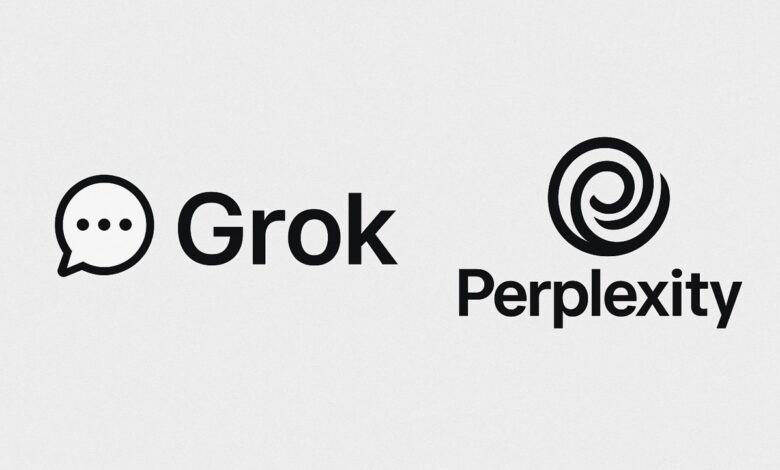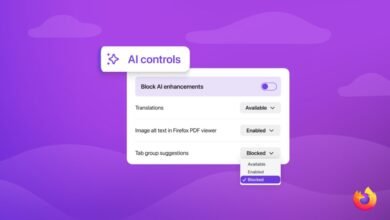
In a surprising twist to the AI-driven future of work, IBM has been forced to walk back a key automation initiative after laying off thousands of employees in favor of artificial intelligence. The company, which cut nearly 8,000 jobs in 2023—primarily in its human resources division—now finds itself rehiring in droves after realizing that replacing humans with AI isn’t as straightforward as it seemed.
IBM had introduced a proprietary AI platform, AskHR, to automate routine HR tasks such as vacation approvals, payroll queries, and employee documentation. The platform handled 94% of these processes effectively, delivering a $3.5 billion productivity gain across 70+ job roles. But while the numbers painted a rosy picture, the ground reality was more complicated.
Speaking to The Wall Street Journal earlier this month, IBM CEO Arvind Krishna admitted that despite aggressive automation efforts, “total employment has actually gone up.” The reason? While AI excelled at handling repetitive tasks, it fell short in areas demanding creativity, problem-solving, and human judgment.
“AI gave us room to reinvest in roles that face up to other humans,” Krishna said, noting that IBM has shifted focus to hire more software engineers, marketers, and salespeople—jobs that remain resistant to full automation.
This pivot underscores the complex reality of AI integration in the workplace. While some companies—like Microsoft—are streamlining operations and laying off thousands amid AI-led restructuring, IBM’s experience reveals the limits of automation. The company’s shift toward a hybrid model, where AI handles the mundane while humans take on strategic and interactive roles, could set the tone for other businesses grappling with similar decisions.
In IBM’s case, the AskHR platform still requires human oversight, with around 6% of queries needing human intervention. Despite a sharp improvement in customer satisfaction—from an NPS of -35 to +74—those edge cases have proven critical.
As of now, IBM employs over 270,000 people globally. Its recent AI rollout has helped reshape internal workflows, but it also serves as a cautionary tale: even the most advanced AI tools can’t entirely replace the nuance and adaptability of the human workforce.
With IBM now offering new services to help businesses build their own AI agents—while still emphasizing the importance of human-centered roles—the company appears to be charting a middle path in the future of work. The AI revolution may be real, but IBM’s recalibration proves that the human touch still matters.






